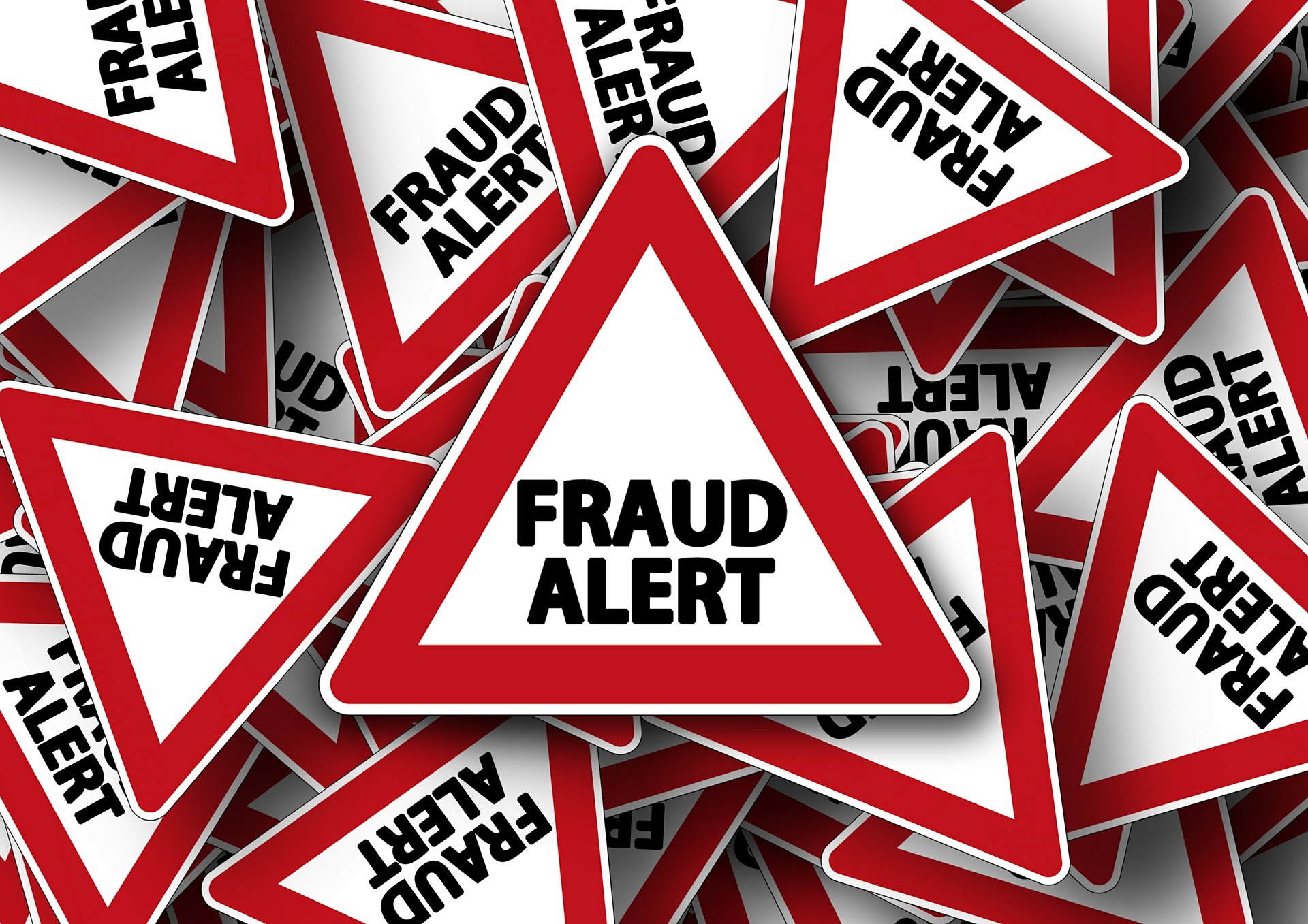Seniors are often targets for scams and fraudulent business practices. Con artists target the older population because they often have a “nest egg” and because those who grew up in the 30’s, 40’s and 50’s were generally raised to be polite and trusting. These scammers know how difficult it is for many from this “greatest generation” to say “no” and will exploit these traits.
Here are a few of the scams that target mature adults:
- Health Care/Insurance Fraud – Healthcare fraud can take many forms. Medical equipment fraud, “Rolling Lab” schemes, and Medicare fraud are just some of the ways that seniors are taken advantage of.
- Door-to-door Sales/Repairs – Products may never be delivered or repairs never done.
- Funeral/Cemetery Fraud – Unsolicited callers try to sell you prepaid funerals or scammers attend funerals and aggressively demand payment for debts they claim the deceased owed them.
- Counterfeit Prescription Drugs – Unauthorized sites, which seem to have the best prices, may send ineffective or harmful drugs.
- Telemarketing Fraud – Offers for free prizes, health care products, low-cost vitamins. They may steal your credit card information and share it with others.
- Fraudulent Anti-Aging Products – Scammer distributors offer a “fountain of youth” with bogus homeopathic remedies that are ineffective or can possibly have health consequences.
- Internet Fraud – Pop-up browser windows will fool victims into downloading fake anti-virus software that could download a virus that could steal personal and financial information.
- Grandparent Schemes – Scammers will contact the senior citizen and pose as a grandchild or other relative saying they are in jail or stranded in a foreign country and request cash.
- Investment Schemes – From pyramid schemes to real estate investments, scammers target seniors who are looking to safeguard their cash for their later years.
- Reverse Mortgage Scams – Scammers will send fraudulent letters offering to arrange a reassessment of the seniors property for a fee.
Best practices to avoid being taken advantage of:
- If an offer seems too good to be true, it probably is. Trust your gut!
- Never give your personal or financial information out to an unsolicited caller.
- If you don’t know the person knocking at your door, don’t open it. Never let someone you don’t know inside your home.
- Shop around before making a major purchase. Do your homework and know what the best price is for the product or service.
- Beware of contracts. Make sure you fully understand the terms of any contract you sign. Give yourself a few days to review the contract. An honest business person should understand and be willing to let you do that.
- Verify that any contractor you use has a local office and is licensed. Get references and take time to check them yourself on your own time.
- Don’t be afraid to say no. Scammers may act insulted and will use their well-rehearsed speeches to make you feel guilty but don’t let that work on you.
- Never sign a blank form. Make sure all terms and charges are spelled out. This goes for medical claim forms as well as contracts.
- Only give your insurance/Medicare information to your medical providers.
- Review your bank and financial statements regularly to watch for fraudulent activity.
- Remember that Microsoft, Dell and most other reputable computer/software companies don’t make unsolicited calls. If you get a call telling you that something is wrong with your computer, even if they seem to have sensitive information, don’t give them any user names or passwords and don’t let them remotely control your device. Simply hang up.
- Beware of pop-ups on your computer claiming that you have a virus. Many times these are scams and ways to install spyware or viruses on your computer. Don’t click anything in the pop-up! Shut your browser down and scan your computer with a reliable virus scan software. There are many free options available including Microsoft Safety Scanner, Avast, Malware Bytes and AVG.
If you’re afraid you have been a victim of one of these schemes and aren’t sure what to do to report it, visit our Fraud Resources page for some helpful links.


